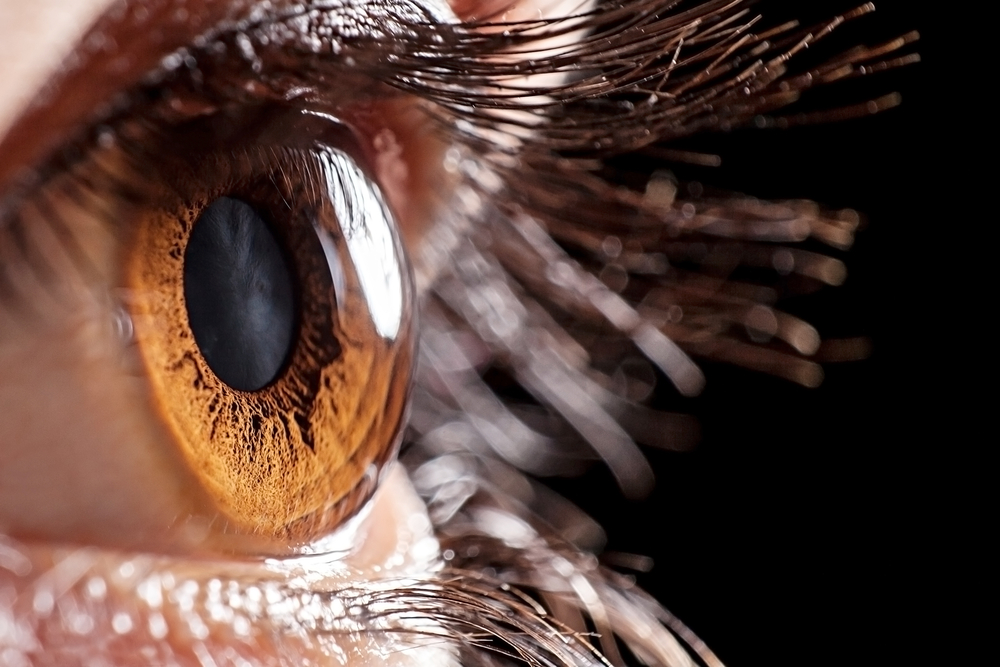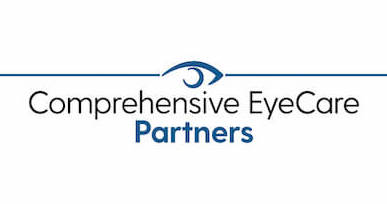
The cornea is the clear, dome-like structure at the front of your eye. The health and clarity of your cornea are critical to the quality of your vision.
While most people take clear sight for granted, there are a number of medical conditions that can impact the cornea and vision. Keep reading to learn the most common cornea conditions!
Astigmatism
Astigmatism is caused by an irregularly shaped cornea. Those who have astigmatism have a cornea that is shaped more like a football rather than a typical cornea that is sphere-shaped, like a basketball.
Astigmatism can cause blurred vision and is considered a refractive error. Astigmatism can also occur in combination with other refractive errors, like nearsightedness and farsightedness.
This refractive error can be corrected with prescription eyewear or a refractive surgery like LASIK.
Corneal Abrasions
A corneal abrasion is a scratch or injury to the corneal surface. They can be caused by contact with small particulates, like dust or sand, misused contact lenses, or more significant eye trauma.
Corneal abrasions should be treated promptly by a medical professional. They typically heal on their own, but a person with a corneal abrasion is usually given antibiotic eye drops or ointments to prevent infection.
Corneal Infections
There are three basic types of corneal infections: bacterial, viral, and fungal. Contracting a corneal infection often leads to keratitis, which is inflammation of the cornea.
The most common corneal infection is bacterial. This type of infection often develops in people who misuse their contact lenses by leaving them in for too long or not properly cleaning them.
Some of the common symptoms of corneal infections include eye redness, eye pain, excessive tearing, blurred or decreased vision, and sensitivity to light. If left untreated, corneal infections can change the quality of your vision and lead to partial or complete vision loss.
Dry Eye Syndrome
Dry eye syndrome is caused by insufficient production of tears or the production of tears of poor quality. Because you need a certain amount of tears to keep your eyes lubricated, dry eye syndrome can cause your eyes to become severely chronically dry.
When eyes are too dry, it can cause damage to the cells on the surface of the cornea. Over time, this can result in corneal abrasions or corneal ulcers, conditions that can impact the quality of your vision permanently.
Once properly diagnosed, there are effective treatments for dry eye syndrome. These treatments include special eye drops, prescription medications, or surgery to implant punctal plugs to help keep tears in your eyes.
Some less common cornea conditions include:
Keratoconus
Keratoconus is an eye condition that occurs when your cornea starts to thin, gradually bulging outward into a cone shape. The cause of keratoconus is unknown, although it may be genetic, as one in ten people with this condition has a parent with keratoconus.
Over time, keratoconus can cause corneal scarring, which can severely impair your vision. In its earliest stages, keratoconus can usually be treated with corrective or therapeutic eyewear, but may eventually require a cornea transplant.
Fuch’s Dystrophy
This eye disease occurs when cells on the outer layer of the cornea start to inexplicably die off. These cells, the endothelium, are responsible for pumping fluid onto the cornea to keep it clear.
When the endothelium cells die and fluid collects, it causes the cornea to swell and vision to become cloudy. Fuch’s dystrophy often starts to develop when a person is in their thirties or forties but does not affect their eyesight until many years later.
It is usually inherited and occurs more often in women than in men. The most important step you can take to prevent a corneal condition from affecting the quality of your vision is to schedule regular comprehensive eye examinations with a trusted eye care provider like Shepherd Eye Center.
The tests performed during an eye exam can ensure that any potential corneal conditions are caught early when treatment can be most effective.
Do you want to learn more about cornea conditions or have your eyes examined? Schedule an appointment at Shepherd Eye Center at one of our 5 locations in Las Vegas or Henderson, NV, today!


